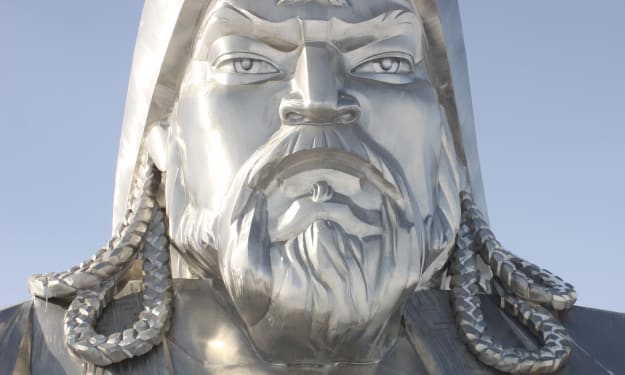The Plague of Justinian: A Devastating Pandemic That Changed the Course of History
: How a Deadly Disease Swept Across the Eastern Roman Empire, Killing Millions and Shaping the World We Live In Today

In the year 541 AD, a deadly disease swept across the Eastern Roman (Byzantine) Empire, causing widespread devastation and social upheaval. This disease, known as the Plague of Justinian after the Emperor Justinian I who ruled at the time, would go on to kill millions of people and change the course of human history.
The origins of the plague are still a matter of debate among historians and scientists, but it is believed to have originated in Asia and spread along trade routes to the Mediterranean region. The disease was carried by fleas that lived on rats, and it was highly contagious.
The initial outbreak occurred in the port city of Pelusium in Egypt, which was an important trading hub. From there, the disease quickly spread throughout the Eastern Roman Empire, which encompassed much of the eastern Mediterranean and parts of North Africa.
The symptoms of the disease were terrifying and gruesome. Victims would experience fever, chills, and muscle aches, followed by the appearance of painful boils and swelling of the lymph nodes. These symptoms would often progress to gangrene and septicemia, leading to a painful and gruesome death.
The Plague of Justinian had a profound impact on the Eastern Roman Empire. It killed millions of people, including soldiers, farmers, and artisans, and caused social and economic upheaval. The government was overwhelmed by the scale of the outbreak, and many officials and bureaucrats died from the disease.
The social and economic effects of the plague were also devastating. The loss of so many people led to labor shortages and a decline in agricultural productivity, which in turn led to famine and starvation. The price of goods skyrocketed, and many people were forced to sell their possessions or go into debt just to survive.
Despite these hardships, the Eastern Roman Empire managed to survive the outbreak of the Plague of Justinian. The Emperor Justinian I implemented a series of measures to control the disease, including quarantine, the burning of infected clothing and bedding, and the establishment of hospitals and isolation wards.
However, the plague continued to flare up periodically for several decades, and it had a profound impact on the wider world. It spread along trade routes to other parts of the Mediterranean and even reached as far as China and Europe.
The Plague of Justinian had significant implications for the course of human history. It is estimated that the outbreak killed between 25 and 100 million people, which was a significant portion of the global population at the time. It also weakened the Eastern Roman Empire, making it more vulnerable to attacks from outside forces.
In addition, the outbreak of the Plague of Justinian had a profound impact on the culture and society of the time. It inspired many works of literature and art, such as the mosaics that can still be seen in the churches of Ravenna, Italy. It also influenced the development of medicine, as doctors and scientists sought to understand and treat the disease.
Despite its devastating impact, the Plague of Justinian eventually ran its course, and the Eastern Roman Empire was able to recover. However, the memory of the outbreak lived on, serving as a warning of the fragility of human life and the importance of taking measures to prevent the spread of disease.
About the Creator
Enjoyed the story? Support the Creator.
Subscribe for free to receive all their stories in your feed. You could also pledge your support or give them a one-off tip, letting them know you appreciate their work.






Comments
There are no comments for this story
Be the first to respond and start the conversation.